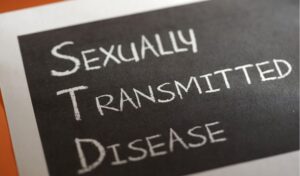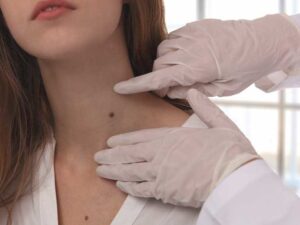Symptoms of caffeine withdrawal are the most common reasons people stop drinking coffee. Caffeine is a stimulant that provides the “pick me up” many people need to wake up in the morning. It can increase alertness and improve reaction time, but it also increases the heart rate and blood pressure, which can lead to adverse effects on the cardiovascular system, including an increased risk of heart attack or stroke. Caffeine withdrawal symptoms include:
The first symptoms of caffeine withdrawal are the same symptoms, most people experience when they cut back on their caffeine intake. Headaches are the biggest symptom, followed by irritability, anxiety, insomnia, difficulty concentrating, difficulty focusing, fatigue and anxiety. Some people experience more severe symptoms like paranoia and hallucinations, which are often confused with symptoms of depression or anxiety.
One of the easiest ways to spot symptoms of caffeine withdrawal is to keep track of your caffeine consumption over time. If you start getting headaches after you reduce your caffeine consumption, you are experiencing caffeine withdrawal. Your next step should be to talk to your primary care provider or your doctor. They will be able to run tests that will indicate whether or not your symptoms are related to your caffeine consumption or a hidden medical condition.
Symptoms of caffeine addiction are much less likely to be serious than those of withdrawal. In fact, people who are addicted to caffeine rarely suffer from withdrawals, unless they consume significantly more caffeine than they should. It is also possible for those who are not addicted to caffeine to experience occasional withdrawals as well. Symptoms of caffeine addiction are usually marked by extreme alertness or inability to function properly. People who are dependent on caffeine may find it difficult to concentrate, remember things, or fall asleep. Even though there are medications available to treat symptoms of caffeine addiction, these can be expensive and many people opt for natural alternatives.
Some common symptoms of caffeine addiction include restlessness, irritability, insomnia, anxiety, nausea, cravings, and headaches. Symptoms of caffeine addiction can usually be treated with the assistance of a doctor or a natural alternative. Most natural alternatives to caffeine are derived from plant extracts. Herbs such as ginseng and licorice extract may help to relieve symptoms of caffeine addiction while black cohosh and milk thistle are effective against adenosine receptors.
If you want to try a natural alternative to caffeine, try switching to decaffeinated coffee. Some health experts believe that the caffeine in coffee may contribute to the risk of Alzheimer’s disease. Other symptoms of caffeine per cup include: nervousness, anxiety, irritability, mood swings, restlessness, headaches, jitteriness, fatigue, and insomnia. Caffeine, as well as other stimulants, affect brain chemistry and can increase alertness for short amounts of time after ingestion. For this reason, coffee drinkers should be careful not to overindulge and limit their consumption of coffee.




